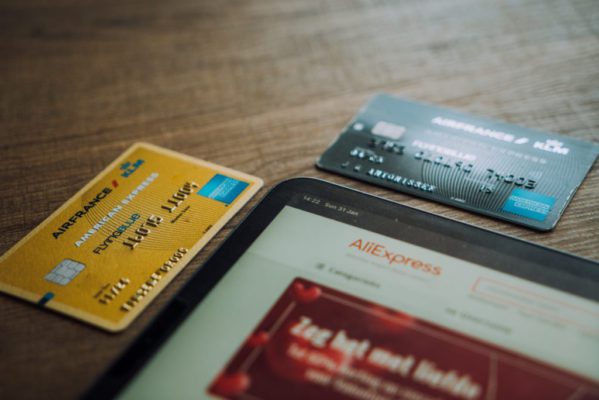Credit Score Repair

In India, credit scores are assigned and maintained by CIBIL which is accessed by all banks, NBFCs, other lending institutions, credit card companies, etc. Credit score defines an individual’s/company’s credit worthiness. Based on the credit score, lending institutions decide whether a borrower may qualify for a loan. It also determines the interest rate at which the loan can be extended.
What is CIBIL? How does it work?
CIBIL is the commonly used term for TransUnion CIBIL Limited. It is a credit information company operating in India. It maintains the credit report on individuals and businesses that helps determine the credit behaviour of the individual or business.
All banks and lending institutions in India report loan repayment records of their borrowers with CIBIL. All transactions done on credit through the loan account, credit card or items bought online on an EMI, and also the repayment towards these constitute an individual/company’s credit behaviour. The record maintained forms the Credit Information Report or CIR, which is accessed by all future lenders before approving a credit request.
This plan is suited for individual’s or company’s who have faced loan/credit card application rejections on account of poor credit score.
It is a quick process and involves thorough study of your credit history, based on which a customized Financial Action Plan is designed by our Credit Experts at Omozing.
You might have faced financial difficulties temporarily, which can be rectified with guidance from our trained professional Credit Assistants.
